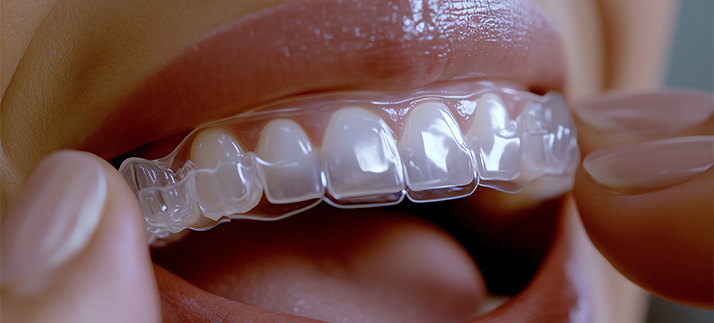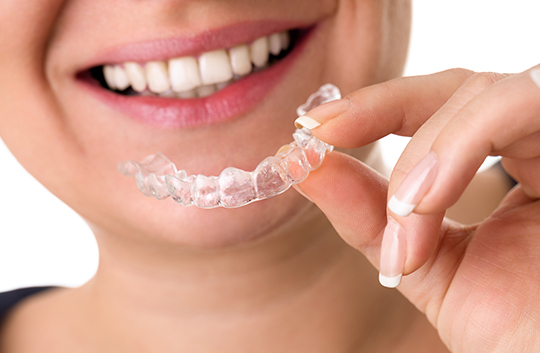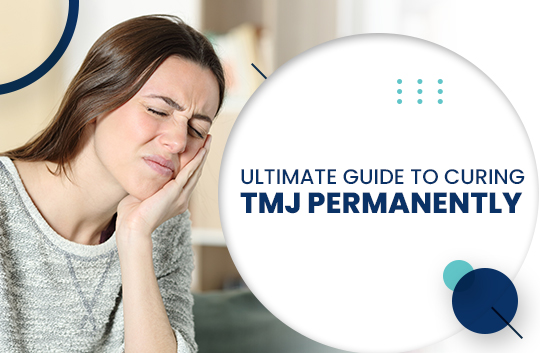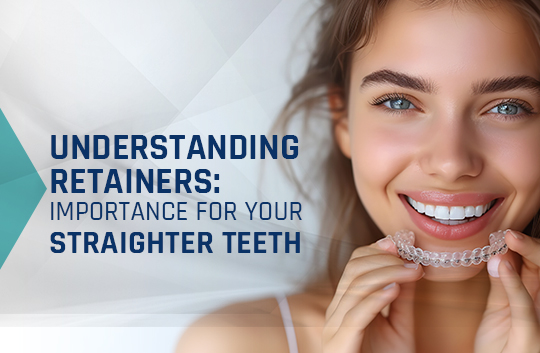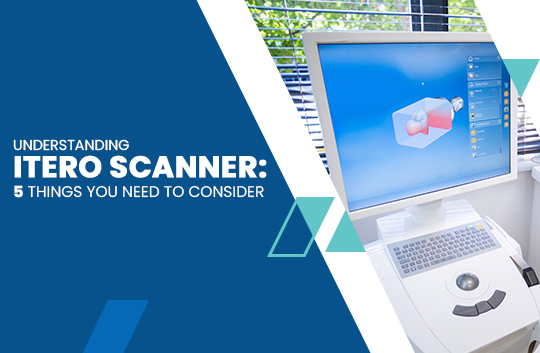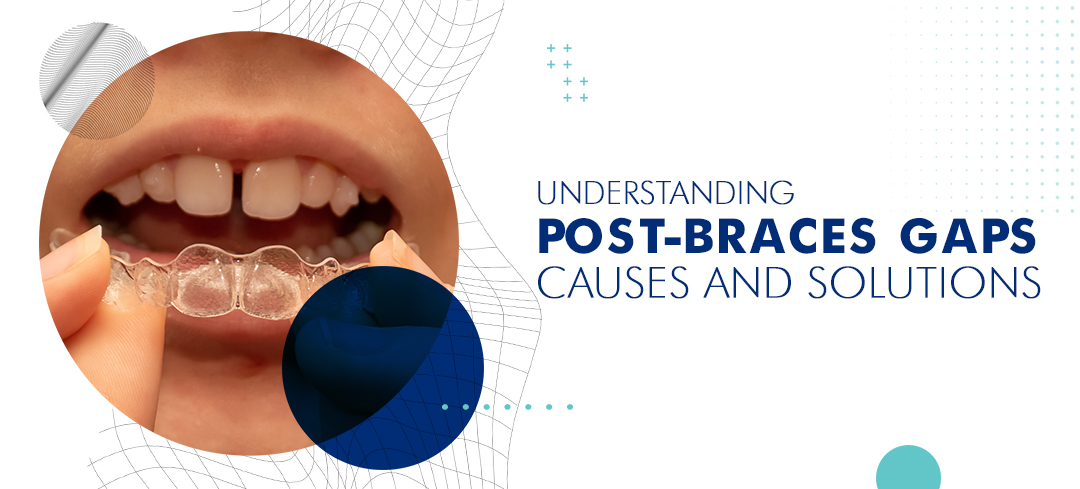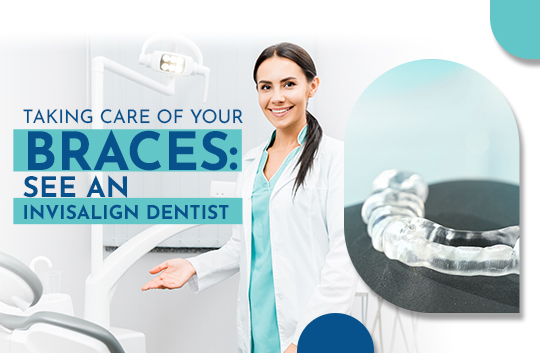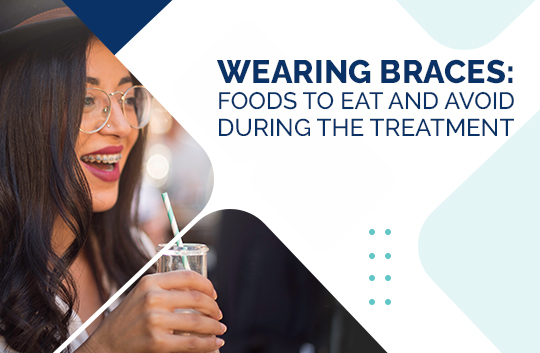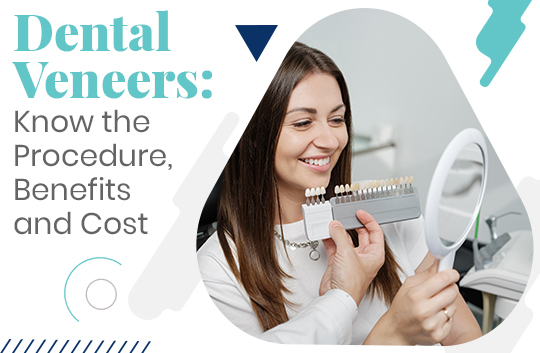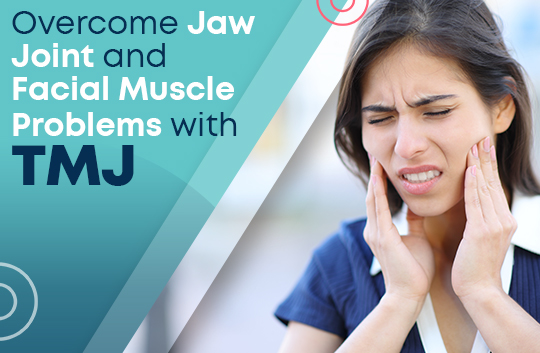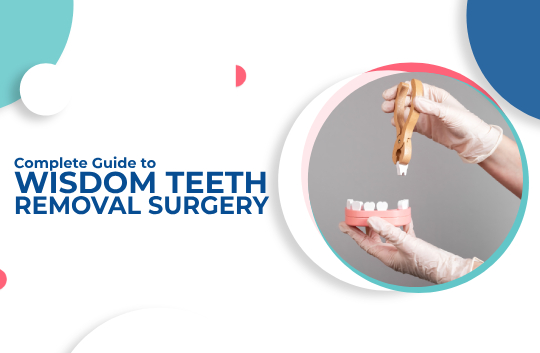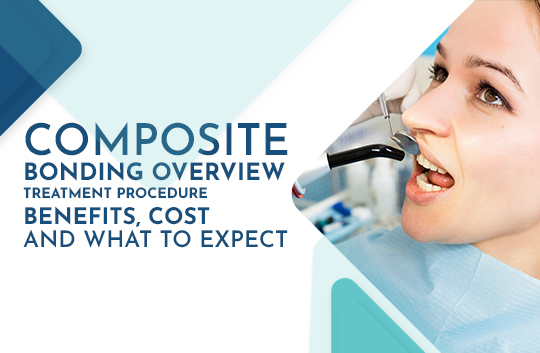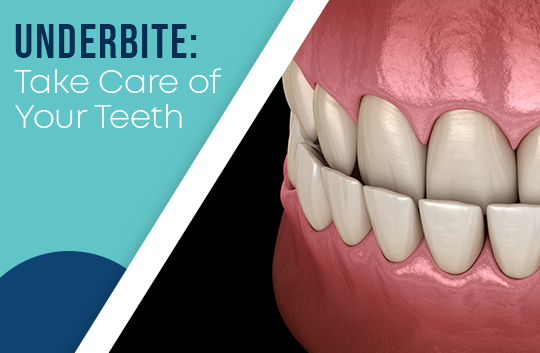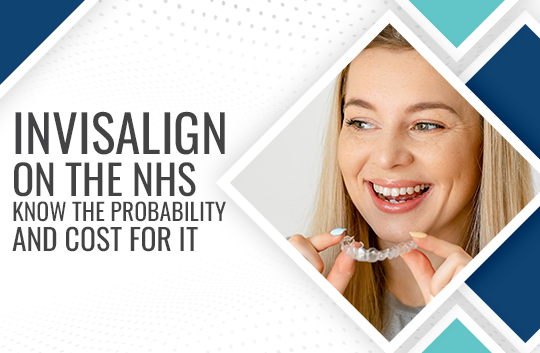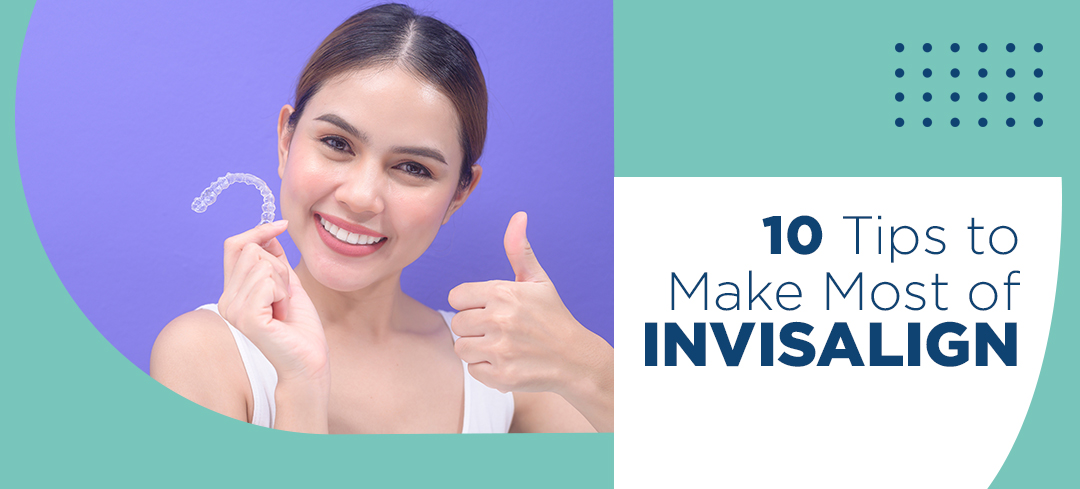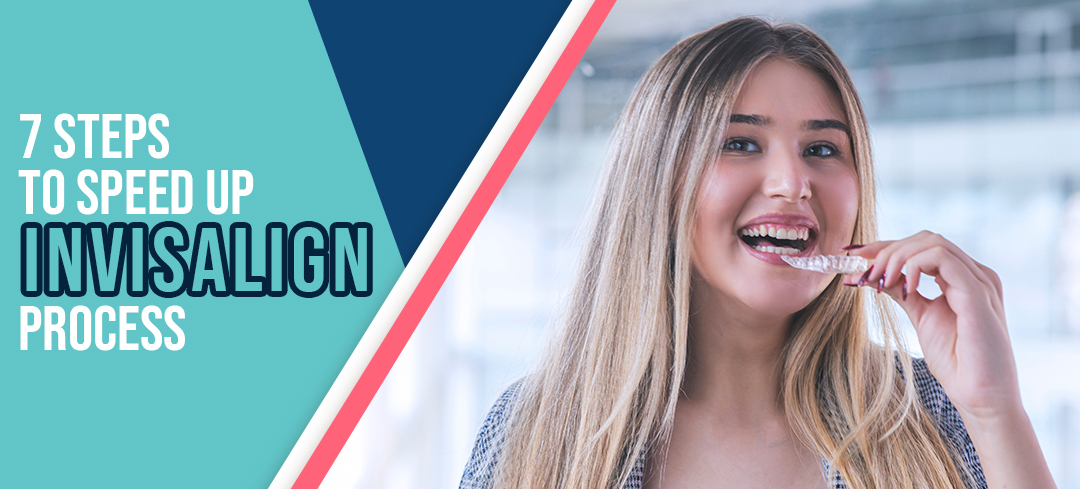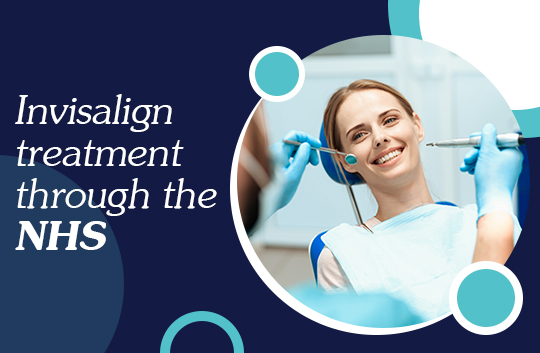

Invisalign on the NHS: Know the Probability and Cost for it
Do you think Invisalign is the suitable solution for your teeth alignment? If yes, then you might be wondering whether it is available on the NHS. As Invisalign braces are more costly in comparison to metal braces, people usually ask, “Can get Invisalign on the NHS?” Continue reading to get answer for this question and more.
- Why should you choose Invisalign braces?
- Is it possible to get clear aligners on the NHS?
- Is Invisalign treatment there on the NHS?
- What are the criteria for braces on the NHS?
- What is the cost for Invisalign treatment in the UK?
Invisalign is a discreet way for your teeth straightening though it might be a costly option. Read on to know about different orthodontic options available to you on the NHS and whether you are eligible for it. Let us find out what Invisalign braces and how they really work.
Why should you wear Invisalign aligners?
Invisalign is a popular brand of clear braces that may help in treating several orthodontic problems. Invisalign uses the most advanced aligners available, but this top-level technology has a higher price tag when compared to brands.
Apart from the traditional fixed braces, Invisalign braces are more comfortable to wear and less visible. The treatment includes a series of customised and clear plastic aligners that you need to change in every two weeks for continuing the treatment.
The best part of choosing clear braces is that they are easy to remove and so, eating as well as cleaning teeth are much convenient with fixed braces. Appointments with your Invisalign provider should be face-to-face and you should have access to online monitoring through the app.
Aligners work by putting pressure to different mouth areas that gradually align your bite and straighten teeth. This is very similar to traditional braces than uncomfortable and painful braces adjustment appointments. You only need to change your set of aligners to a new set. Some people who have mild orthodontic problems may require an aligner only on the top or bottom teeth.
Does the NHS offer Invisalign?
No, the NHS does not cover Invisalign treatment. So, when you want these aligners, you will have to go privately through an Invisalign provider. The orthodontic method options provided by the NHS are traditional fixed metal braces and for there are some orthodontic appliances available for growing children too.
But getting an orthodontic treatment with the NHS might be difficult as you should fulfil the criteria for treatment. This is because they prioritise your orthodontic treatment to improve dental health.
How will you get Invisalign braces on the NHS?
To know your eligibility criteria for NHS braces, your age, case severity and few other factors will be assessed. The good news is that when you meet those criteria, then getting braces can be an option for you on the NHS. The NHS provides orthodontic treatment to children below 18 years for free when there is the requirement for health treatment. However, you will find metal braces are available only on the NHS.
Children are chosen for Invisalign braces in the age group between 12 and 13 years. They will be evaluated on an index called Index of Orthodontic Treatment Need or IOTN. Scores are on 1-5 scale which includes the following:
1-2: Not suitable for the treatment
3: Evaluated on a case-by-case basis
4-5: Eligible for the procedure
The NHS orthodontic method is usually available to children only but adults may qualify for the treatment under some circumstances. But this is only in rare situations and approved case by case. You need to consult with the dentist if you want more information on whether you to qualify for the braces as an adult.
Is it possible to get clear braces on the NHS?
Regretfully, it is not possible to get clear braces on the NHS. So, the only braces available for getting treatment with the NHS are standard traditional metal braces. But if you want clear braces, then there are various options to get them at an affordable cost. You can also select from different options when going to a private practice for the treatment. Some of these options are the following:
- Lingual braces: fixed braces which remain hidden behind your teeth
- Ceramic braces: fixed braces that have white or clear brackets
- Clear aligners: removable clear plastic trays
Invisalign clear aligners are among the costly options but you have a limited budget, you may search for less expensive clear braces option. Your orthodontic case may dictate which treatment is there for you. If your case is more complex, then you might need to have the traditional fixed braces.
Thankfully, if this is the case, then you may choose ceramic braces when looking for less visible option to metal braces.
Inexpensive option to Invisalign braces
You cannot get Invisalign on the NHS but this does not mean you should give up altogether on getting clear braces. There are good aligners available in the UK which cost less when compared to Invisalign.
If you need to undergo mild to moderate cosmetic teeth straightening, then choose aligners which are low in cost than seeing a dentist for routine checkups and adjustments.
You will get an impression kit for creating moulds of your teeth at home. This kind of treatment is not a good choice for orthodontic cases. After you submit the teeth impressions, a dentist will evaluate your case and confirm whether you are the right candidate for it. If not, then Invisalign might be the right option for you.
Whichever treatment you may choose, make sure you perform a full dental check up before the beginning. It is important to maintain strong teeth and healthy gums before you start with aligner treatment.
Can you get braces with the NHS or private care?
If you are thinking to straighten teeth, then you might be wondering whether it is worth going through the NHS or paying for private treatment would be a good choice.
The NHS does not provide Invisalign as a treatment option and so, if you want clear aligners, then you will have to pay for them on your own. But the NHS treatment is free when you are below 18 years and affordable for an adult. You need not wait for your appointment and are restricted in what you can get.
You need to endure waiting lists for getting specialist oral care. This might be another factor in deciding whether or not you should go private. So, private care is paid for out of pocket but provides more options and quicker treatment timing.
Look your best, feel your best,
expect the best.
Contact UsHow much is the cost of Invisalign in the UK in comparison to braces on the NHS?
The cost of Invisalign in the UK may range from one dentist to the other and between the dental practices. The price will depend on individual case which includes severity and treatment timescale.
Invisalign is not there on the NHS and any other brands of clear braces are not there too.
Those who are below 18 and eligible for the braces will get the treatment for free with the NHS. Ceramic braces which are similar to metal braces seem to be another option that is not available on the NHS.
If you want to go private for traditional metal braces, then they would cost somewhere between £3500 and £5,000. For ceramic braces, you may have to pay between £4,000 and £6,000. Again, the prices range between dental practices and individual case as well as treatment timescale.
The Invisalign system is not there on the NHS and if you need to undergo this treatment, then you will have to get in touch with an Invisalign provider and pay for it yourself. The price actually depends on the complexity of your case and the time span for the treatment. Even if you want to wear metal braces with the NHS, then your case will be evaluated and deemed medically necessary.
If you are below 18 years, then the orthodontic treatment with the NHS will be free. But if you are more than 18, then it will cost you the standard NHS price of £282.80.
Other options which seem to be less noticeable than metal braces are ceramic braces that cannot be found on the NHS. They are quite similar in cost to Invisalign treatment but they are fixed and more noticeable than Invisalign aligners. Individuals who are looking for clear aligners but find Invisalign very costly should opt for other brands and the ones which monitor treatment remotely.
 70 Great Russell St, Holborn, London WC1B 3BN, UK
70 Great Russell St, Holborn, London WC1B 3BN, UK



